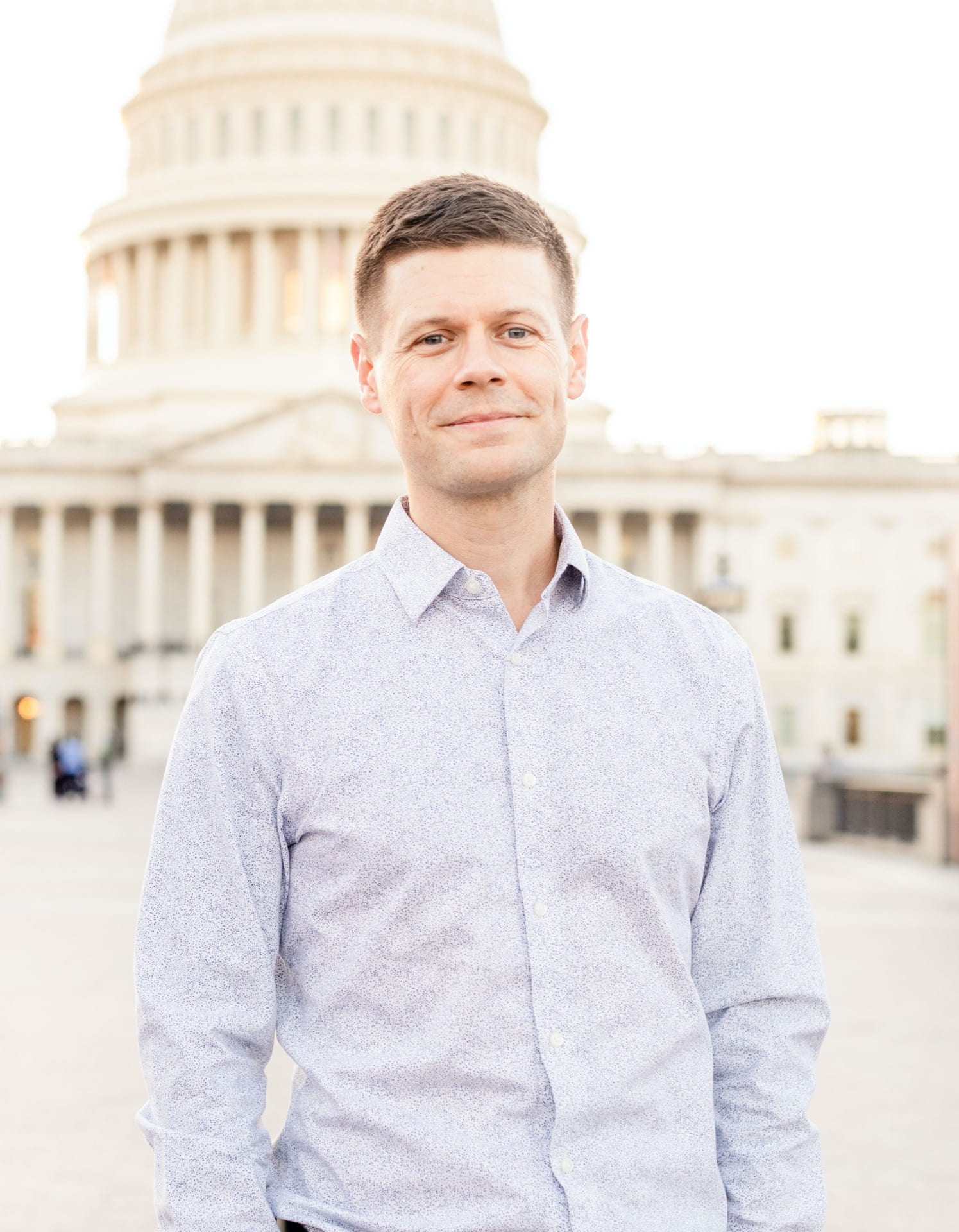
Nicholas Anderson
Nicholas Anderson is an Assistant Professor of Political Science and International Affairs at The George Washington University. His research and teaching interests include great power politics, military intervention and territorial expansion, conventional military operations, and East Asian international relations. His first book, Inadvertent Expansion: How Peripheral Agents Change World Politics, will be published by Cornell University Press in 2025. His research and other writings have also been published in journals such as International Security, International Interactions, Political Science Quarterly, The Washington Quarterly, Strategic Studies Quarterly, the Australian Journal of International Affairs, and International Relations of the Asia-Pacific, among other outlets. He previously had fellowships at the Institute for Security and Conflict Studies at the Elliott School of International Affairs, the Belfer Center for Science and International Affairs at the Harvard Kennedy School, the MacMillan Center Program on Japanese Politics and Diplomacy at Yale University, and the Social Sciences and Humanities Research Council of Canada. He received a Ph.D. in political science from Yale University.
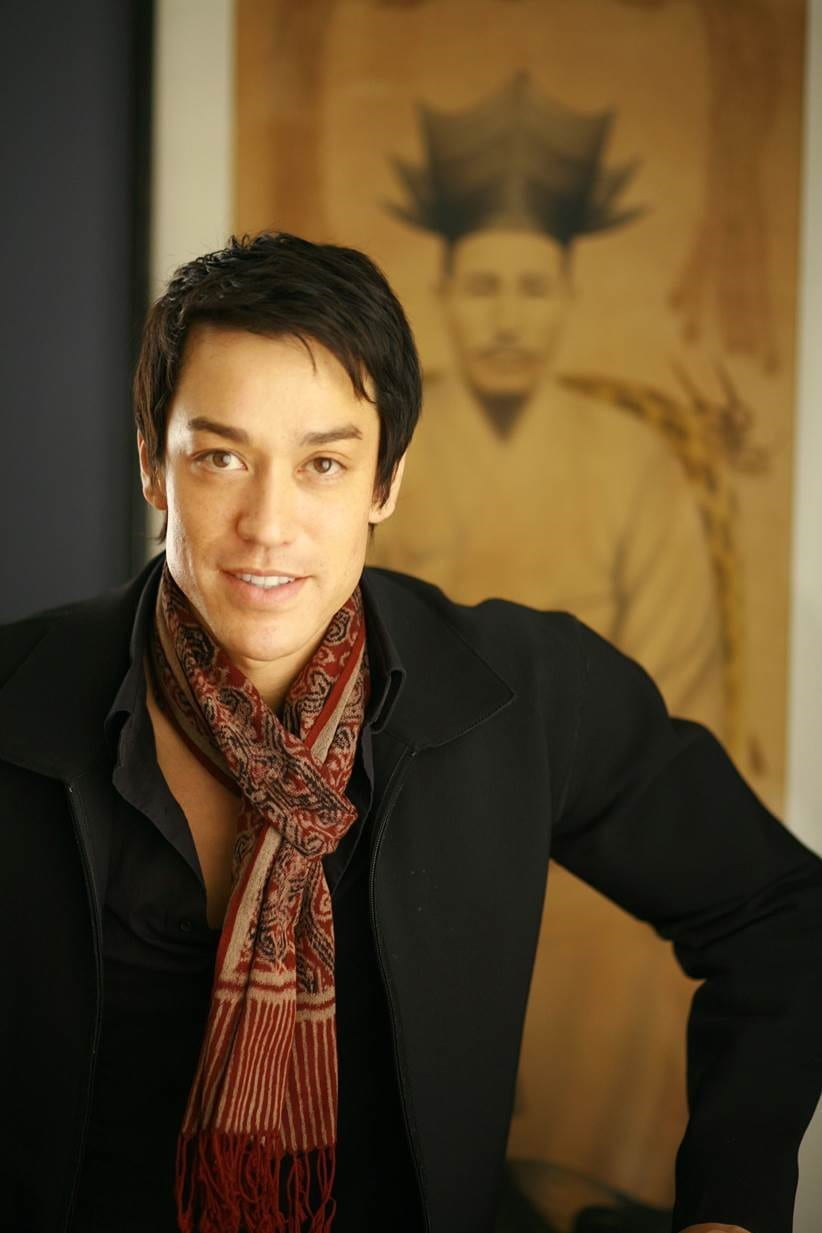
Dana Tai Soon Burgess
Dana Tai Soon Burgess‘s work has tended to focus on the “hyphenated person” – someone who is of mixed ethnic or cultural heritage – as well as issues of belonging and societal acceptance. He serves as a cultural envoy for the US State Department, an appointment he uses to promote international cultural dialogue through “the global language of dance”. He has previously served on the Board of Asian American Arts & Media, as well as being a commissioner for the Commission for the Arts & Humanities for the District of Columbia and AAPI Affairs for Washington, D.C. At the time he founded his dance company, Burgess also established the Moving Forward: Asian American Youth Program, which was a summer program for Asian American youth. The program still operates under the name DTSB Asian American Youth Program, and is a year-round mentoring program for high school students.
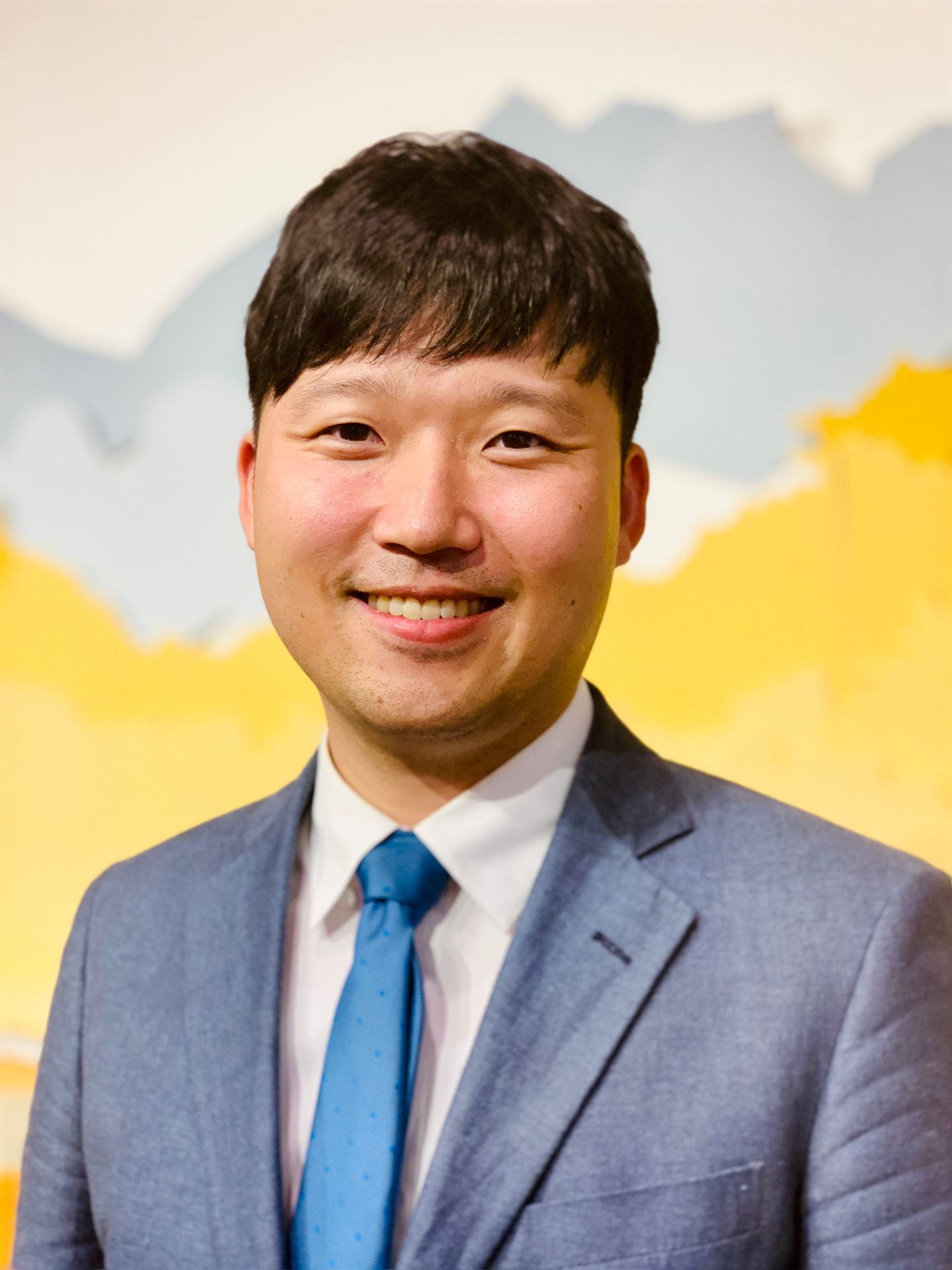
Hyungsok Choe
Hyungsok “Nathan” Choe previously worked with the LG Electronics mobile communication company for four years and obtained his PhD in STEM education, specifically in engineering education, to develop and assess engineering courses. He was involved in developing a project-based learning course funded by the National Science Foundation (NSF) for first-year engineering students and he also served as a program evaluator of NSF REU site programs. Dr. Choe also served as a research assistant professor at Ohio State University, where he was involved in developing rubrics to assess students’ creativity, networking, and values creation as a part of engineering students’ entrepreneurial mindsets. This effort was funded by the Kern Family Foundation. His research utilized both quantitative and qualitative methods to understand disciplinary domain identities for undergraduate and graduate engineering students.
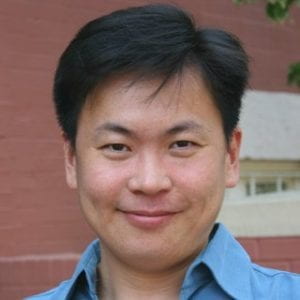
Jaehwa Choi
Jaehwa Choi is Associate Professor and Program Director of the Assessment, Testing, and Measurement Program in the Department of Educational Leadership. He is also the Executive Director of the Computer Adaptive Formative Assessment (CAFA) Laboratory (CAFA Lab, Inc.) and has conducted various Information and Communication Technology (ICT)-based assessment projects in collaboration with Samsung Electronics (Intelligence Solution Team), Korea Institute for Curriculum and Evaluation (KICE; Assessment Advancement Team), Korea Research Institute for Educational Assessment (KRIEA), and others.
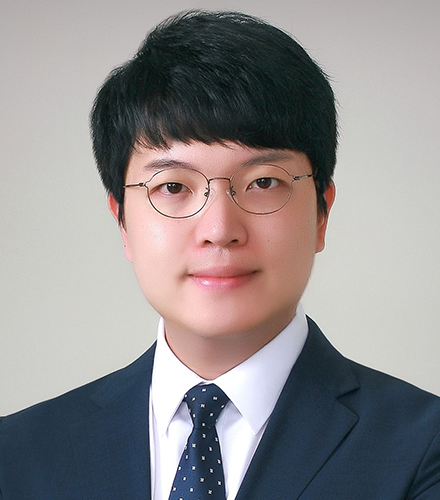
Sunghun Chung
Sunghun Chung is an assistant professor of information systems and technology management at the George Washington University School of Business in Washington, D.C.
Dr. Chung is an expert in examining the societal impact of FinTech markets; quantifying the economic value from IT-based innovation; and developing the social media strategy based on big data analytics. His primary research interests focus on 1) the FinTech analytics and financial inclusion, 2) business analytical issues of social media, and 3) the business value and economic impact of information technology (IT). His research has appeared in Information Systems Research, MIS Quarterly, and Production Operations Management, among others.
Before joining GWSB, he was an assistant professor of information systems and analytics at the Leavey School of Business at Santa Clara University in Silicon Valley. He also worked at the UQ Business School at the University of Queensland as a faculty member and at the Desautels Faculty of Management at McGill University as a postdoctoral researcher.
At the GWSB, Dr. Chung primarily teaches business analytics at both the graduate and the undergraduate level. He also collaborates with many startup companies in both Silicon Valley and Asia and advises them for their digital transformations.
He received his PhD and BS in Management Engineering from the College of Business at the Korea Advanced Institute of Science and Technology (KAIST). Prior to joining the academia, he worked at the Science and Technology Policy Institute (STEPI) as an associate research fellow and at the Design Management Center in Samsung Electronics as a senior manager.
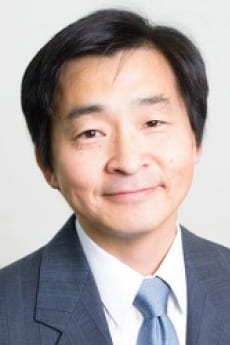
Min Hwang
Min Hwang is an associate professor of finance and real estate at School of Business. He received his Ph.D. degree in Economics from University of California at Berkeley. Before joining George Washington, he was at National University of Singapore. His research interests are mortgage markets, housing markets, securitization and corporate finance. His recent research focuses on mortgage loan modification during the housing market crisis, mortgage defaults, securitization of reverse mortgages and effects of index inclusion on capital structure of firms.
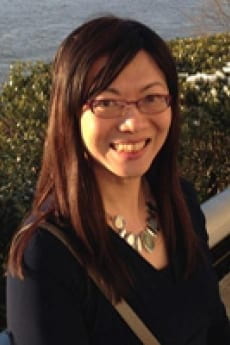
Alexa Alice Joubin
Alexa Alice Joubin teaches in the English department, and co-founded the GW Digital Humanities Institute and directs the Dean’s Scholars in Shakespeare (a signature program of GW’s Columbian College of Arts and Sciences). At MIT, she is co-founder and co-director of the open access Global Shakespeares digital performance archive. Her teaching and publications are unified by a commitment to understanding the mobility of early modern and postmodern cultures in their literary, performative, and digital forms of expression. Her research has been funded by the Fulbright, National Endowment for the Humanities, American Council of Learned Societies, Chiang Ching-kuo Foundation, International Shakespeare Association, Folger Institute, and other agencies.

Sok-Hyon Kang
Sok-Hyon Kang teaches at the GW School of Business. He graduated from Seoul National University and received his Ph.D. from the MIT Sloan School of Management. Professor Kang specializes in financial reporting, corporate governance, and executive compensation. While in Korea, he served as an officer of the Korean Navy as a member of the weapon system modernization task force.
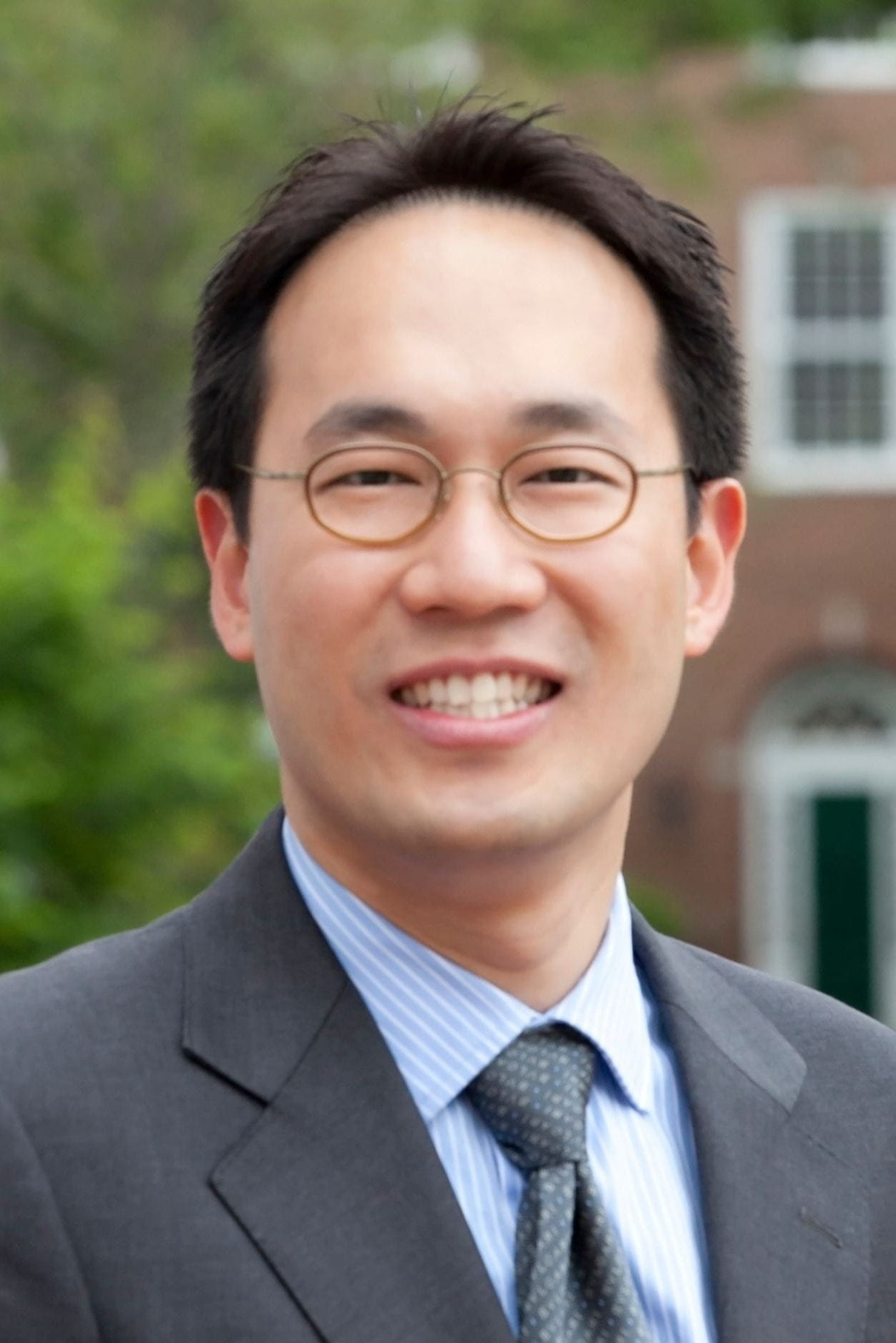
Jin Hyung Kim
Jin Hyung Kim is an Assistant Professor of International Business and joined George Washington University School of Business (GWSB) in 2017. He studied management and international business at Yonsei University in Korea. After his graduation, he served a company commander role as a commissioned officer in the Republic of Korea Air Force (ROKAF). After his military service, he joined Oliver Wyman as a management consultant and involved in multiple corporate and global strategy projects. After leaving Oliver Wyman, he studied international and public affairs to earn his master’s degree at the School of International and Public Affairs (SIPA) at Columbia University. He earned his doctorate degree from Harvard Business School and studied strategic management and international business. His main research agenda is to examine: (1) non-market strategy, particularly corporate lobbying strategy and foreign multinational enterprises (MNEs); 2) country and societal institutions and corporate lobbying; and 3) regulatory change and business-government relations. Namely, he explores what non-market strategies firms attempt to use to influence its non-market environment and achieve better outcomes in a global strategy context and the implications of non-market environments such as regulatory change and business-government relations.
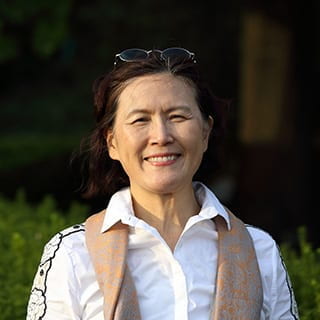
Mikyong Minsun Kim
Mikyong Minsun Kim has served in faculty positions at the University of Arizona – Tucson and the University of Missouri – Columbia. Dr. Kim has testified on the effectiveness of historically Black colleges and universities before the United States Commission on Civil Rights. She has served as a grant panelist and consultant for the National Science Foundation. She currently serves on the editorial board for The Review of Higher Education.
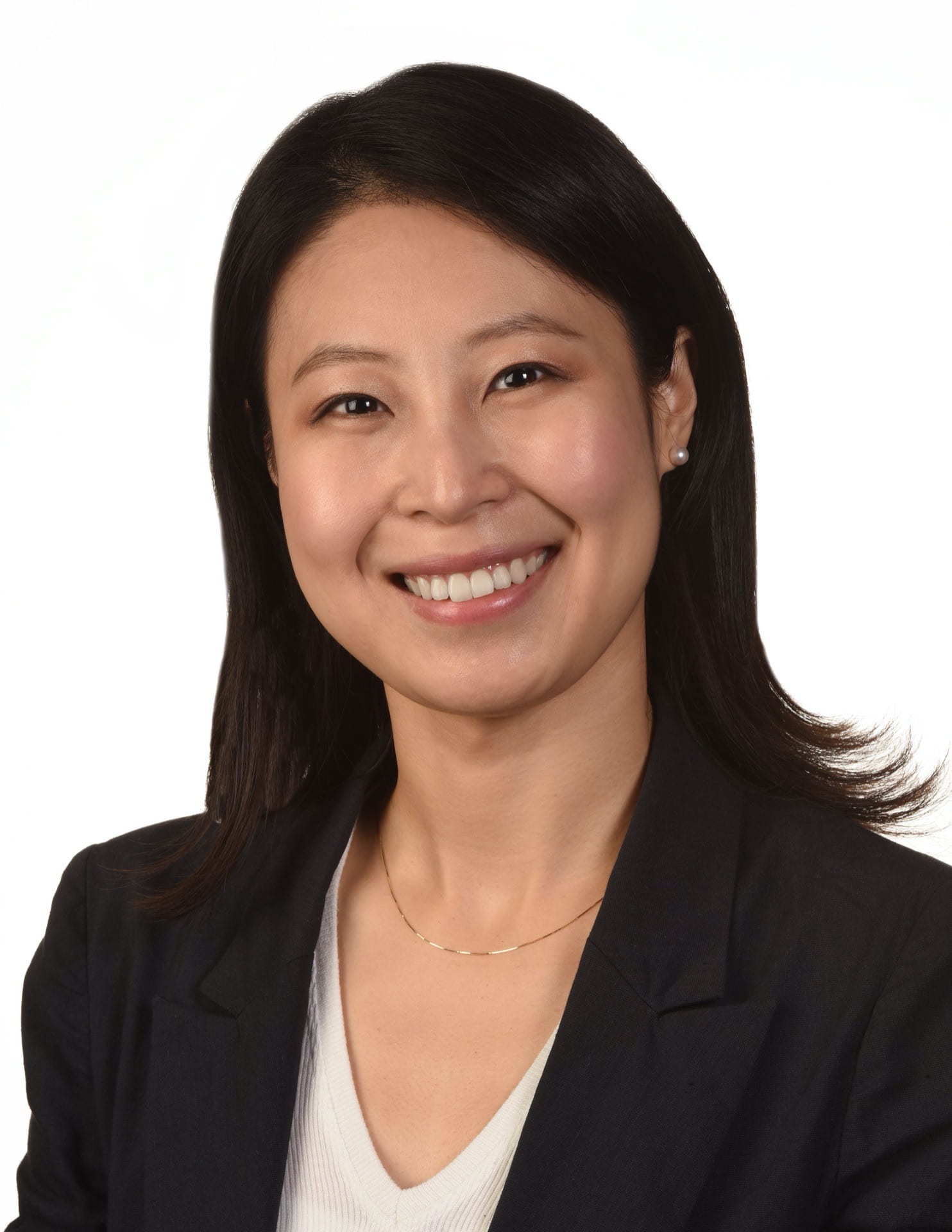
Min Jung Kim
Min Jung Kim is a Visiting Assistant Professor of International Affairs and the Associate Director of the MA program in Security Policy Studies in the Elliott School of International Affairs. She is also a visiting researcher at the United Nations University World Institute for Development (UNU-WIDER). Prior to joining the faculty, she was a predoctoral visiting scholar at the Institute for Security and Conflict Studies (ISCS) at George Washington University. Her professional experiences include project development, database management, and research and analysis of human trafficking, political violence, and civil war with the UN Migration Agency (IOM), the United States Institute of Peace (USIP), and the Armed Conflict Location & Event Data Project (ACLED). She worked at the Embassy of the Republic of Korea in Washington, DC, covering free trade, U.S.-Korea relations, and security affairs in Northeast Asia. She was also formerly a journalist in Seoul, South Korea.
Her current research focuses on political and security issues in Asian border and frontier areas, state-minority relations, and territorial politics. Her research has been featured in academic journals and commentaries, including International Affairs and International Affairs blog. She has taught courses on international relations theories, Asian security, and civil wars at undergraduate and graduate levels. She holds a Ph.D. in International Relations from American University and MA in Conflict Resolution from Georgetown University.
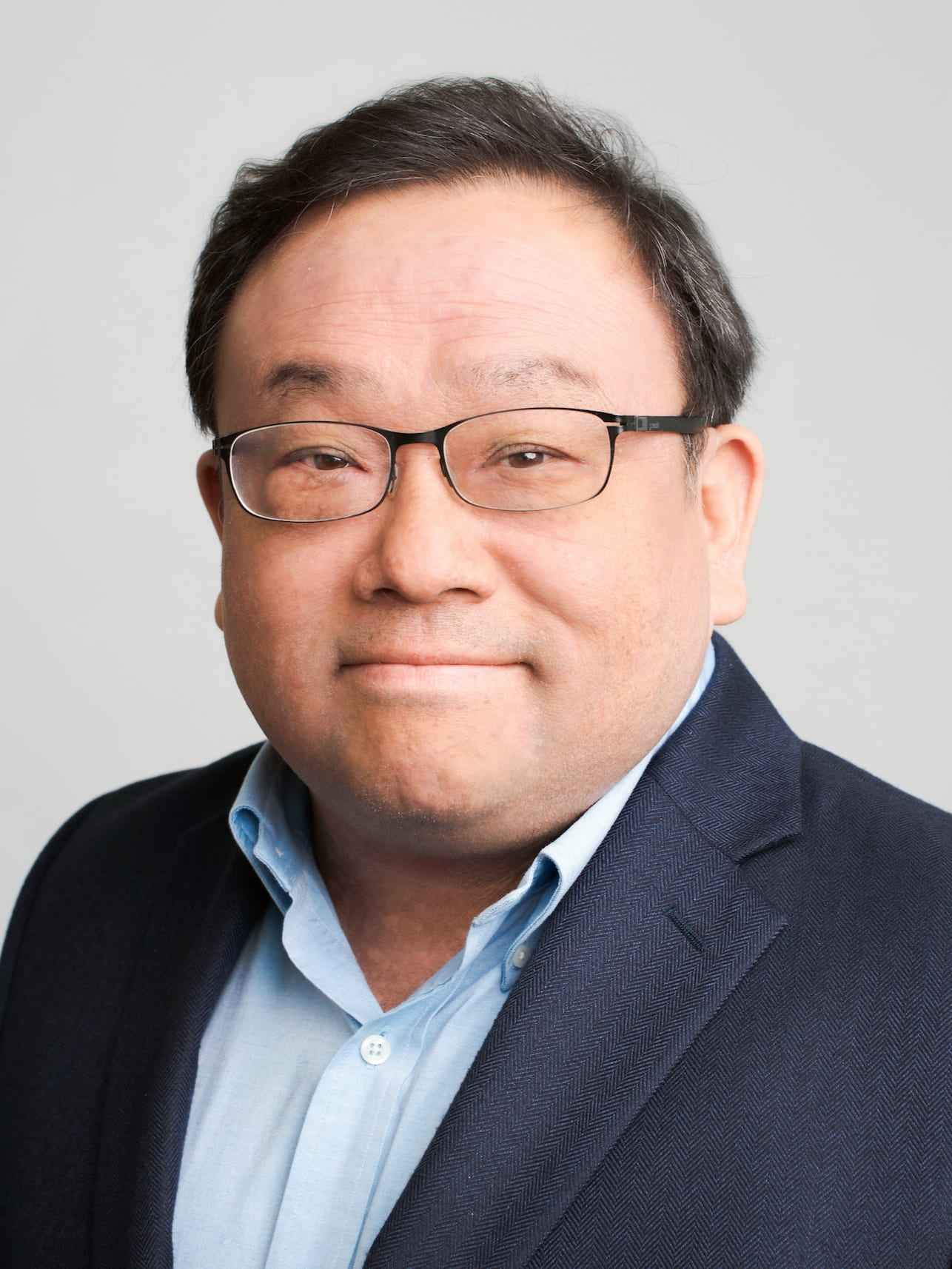
Young Hoon Kwak
Young Hoon Kwak is an Associate Professor in the Department of Decision Sciences at The George Washington University School of Business in Washington, D.C. He earned his M.S. and Ph.D. in Engineering and Project Management as well as Management of Technology (MOT) Certificate, all from the University of California at Berkeley. He worked as a visiting engineer at the Massachusetts Institute of Technology, a visiting professor at the Florida International University, a visiting scholar at the IPA Institute, and currently holds a visiting professor position at the department of business informatics and operations management in Faculty of Economics and Business Administration at Ghent University in Belgium.
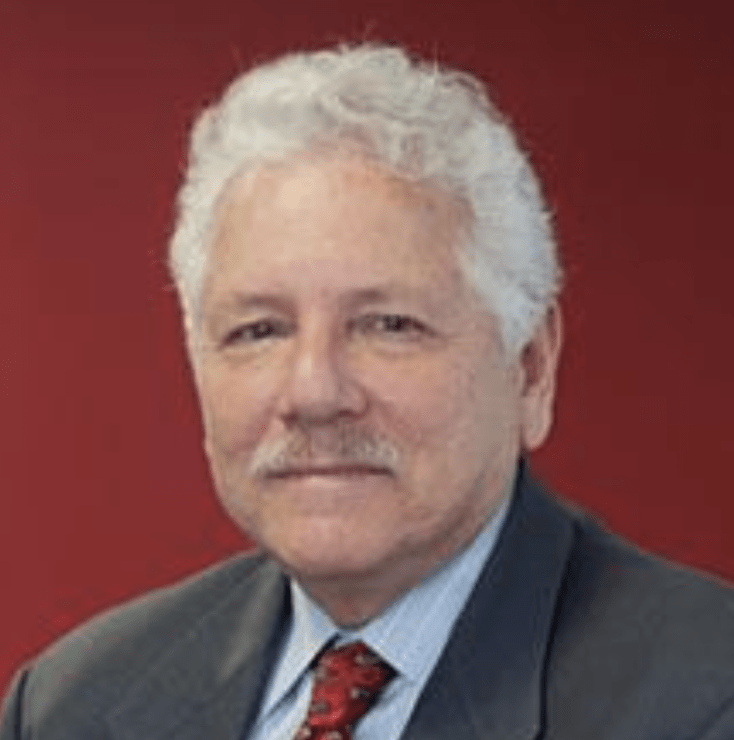
Danny Leipziger
Danny Leipziger is Professor of International Business and International Affairs at George Washington University, where he is concurrently the Managing Director of the Growth Dialogue. He teaches graduate courses on financial crises, international economics, and development policy and he is a frequent guest lecturer and keynote speaker at global conferences.
A former Vice President for Poverty Reduction and Economic Management at the World Bank (2004-2009), he held senior management positions in the East Asia and Latin America Regions. He was the World Bank’s Director for Finance, Private Sector and Infrastructure for Latin America (1998-2004). He served previously in the U.S. Department of State and was a Member of the Secretary’s Policy Planning Staff. Dr. Leipziger was Vice Chair of the Spence Commission on Growth and Development and he served on the World Economic Forum Council on Economic Progress.
An economist with a Ph. D. from Brown University, he has published widely in development economics, finance and banking, and on East Asia and Latin America. He is the author of several books, including Lessons of East Asia (U. of Michigan Press), Stuck in the Middle (Brookings Institution), and Globalization and Growth and more than 50 refereed and published articles in journals and other outlets. He is a frequent contributor to various media outlets on issues of global economics.
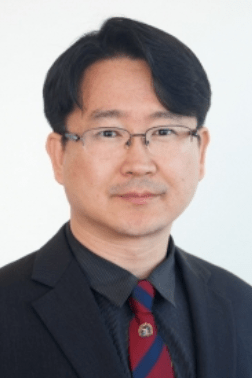
YoungKi Park
YoungKi Park is an associate professor of Information Systems & Technology Management at the George Washington University School of Business. He received his Ph.D. from the Marshall School of Business, University of Southern California (USC) and his M.S. from the Korea Advanced Institute of Science and Technology (KAIST) in Korea. He also has 10 years of IT consulting experience in database, business intelligence, analytics, and enterprise systems at Oracle, LG, and the Korea Exchange before pursuing his doctoral studies.
His research areas include digital strategy, digitally enabled organizational capability, digital transformation, competitive dynamics in digital environments and he specializes in the set-theoretic configurational approach, fuzzy-set qualitative comparative analysis (fsQCA). His work has been published in premier journals, including Information Systems Research, MIS Quarterly, Journal of the Association for Information Systems, Journal of Strategic Information Systems, and Research in Sociology of Organizations. He received multiple research and teaching awards.
Dr. Park has been serving as an Associate Editor at MIS Quarterly since 2022.
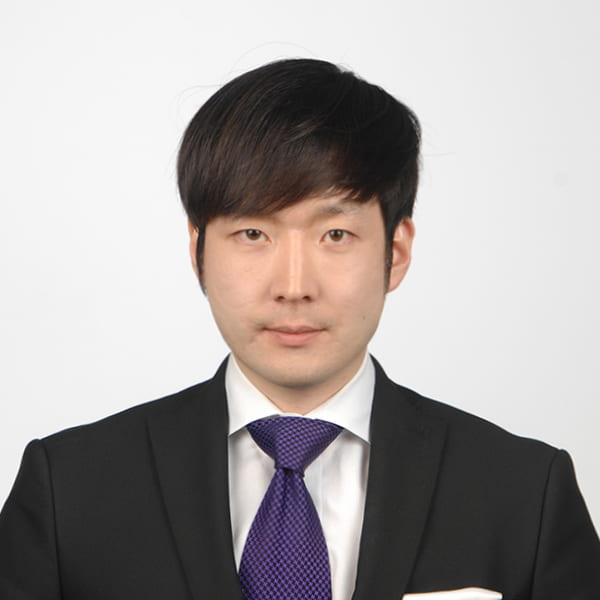
Jungho Suh
Jungho Suh is a visiting teaching assistant professor of management and tourism studies at the George Washington University School of Business (GWSB). Dr. Suh also serves as a project director of the Korean Management Institute. Prior to joining GWSB, he was an assistant professor at the Surrey International Institute at Dongbei University of Finance and Economics (SII-DUFE), China. His areas of expertise include service management, diversity, equity, and inclusion (DE&I), entrepreneurship, human resource issues in the service industry, sustainable development, digital platforms in tourism & hospitality, and gastronomy tourism. Dr. Suh teaches undergraduate and graduate courses in management and tourism studies. His teaching approach aims to design a collaborative team-based learning environment to cultivate students’ leadership and critical-thinking abilities. Dr. Suh’s research interests are within multiple management domains. He takes interdisciplinary approaches drawing from both the management and communication disciplines to investigate the dynamics of stakeholders in the service industry. He is also an avid theatre-goer, art lover, traveler, and foodie at heart.

Ayman El Tarabishy
Ayman El Tarabishy is currently a Teaching Professor of Management at the George Washington University School of Business. He is an award-winning author and teacher, and was recently awarded the Most Outstanding Faculty Member (voted for by students) for five consecutive years (2010–2015). Dr. Tarabishy is the only faculty member in the GW School of Business that teaches in two nationally-ranked programs. He developed the first Social Entrepreneurship and Innovation and Creativity courses offered to MBA and undergraduate students throughout the GW School of Business. Dr. El Tarabishy is the originator of the United Nations International Day for Micro, Small and Medium Enterprises (MSMEs Day) that will always be celebrated on June 27th. Dr. El Tarabishy is also the Executive Director of the International Council for Small Business (ICSB), the oldest and largest non-profit organization across the globe devoted to advancing small business research and practices.
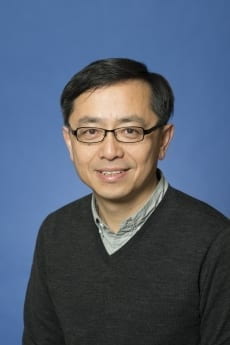
Daqing Yang
A native of China, Daqing Yang graduated from Nanjing University and received his Ph.D. from Harvard University. He specialized in the history of modern Japan. His research interests include the Japanese empire, technological developments in modern Japan, and the legacies of World War II in East Asia. Professor Yang is a founding co-director of the Memory and Reconciliation in the Asia Pacific program based in the Sigur Center for Asian Studies, and is currently working on a new project on postwar China-Japan reconciliation. He is the author of Technology of Empire: Telecommunications and Japanese Expansion in Asia, 1883-1945. He co-edited the following books: Historical Understanding that Transcend National Boundaries, which was published simultaneously in China and Japan; Rethinking Historical Injustice and Reconciliation in Northeast Asia; and Communications Under the Seas: The Evolving Cable Network and Its Implications.
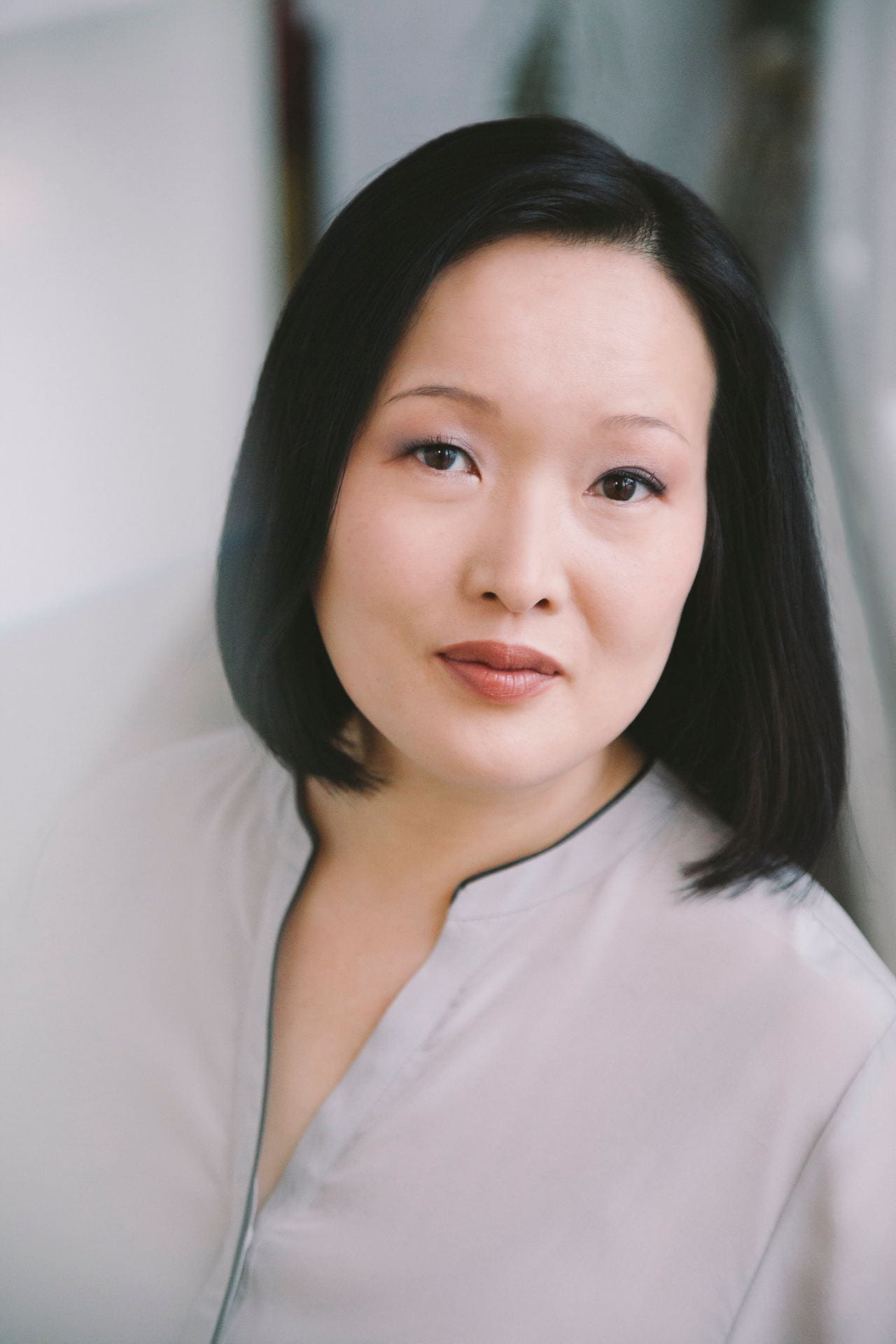
Jung Yun
Jung Yun is a an Assistant Professor in the English Department, specializing in teaching creative writing. She is the author of O BEAUTIFUL (publication forthcoming, fall 2021) and SHELTER (2016), which was long-listed for the Center for Fiction’s First Novel Prize and a finalist for the Barnes and Noble Discover Great New Writers Award. Her work has appeared in Tin House, The Massachusetts Review, The Indiana Review, The Atlantic, The Washington Post, and the Los Angeles Review of Books, among others. She has received residencies from MacDowell Colony, Ucross Foundation, and the Virginia Center for the Creative Arts, as well as artist grants from the Robert W. Deutsch Foundation, Maryland State Arts Council, and Massachusetts Cultural Council.
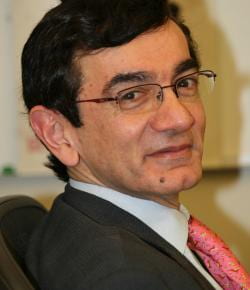
Shahid Yusuf
Shahid Yusuf is Chief Economist of The Growth Dialogue at the George Washington
University, School of Business in Washington DC; and a Non-Resident fellow of the Center for
Global Development in Washington DC; Prior to joining the Growth Dialogue, he was on the
staff of the World Bank. Dr. Yusuf has written extensively on development issues, urbanization,
and technological change. His current areas of interest are supply chains and topics related to
climate change with a focus on the East Asian region. Dr. Yusuf has authored or edited more
than twenty-five books and has published widely in various academic journals.

